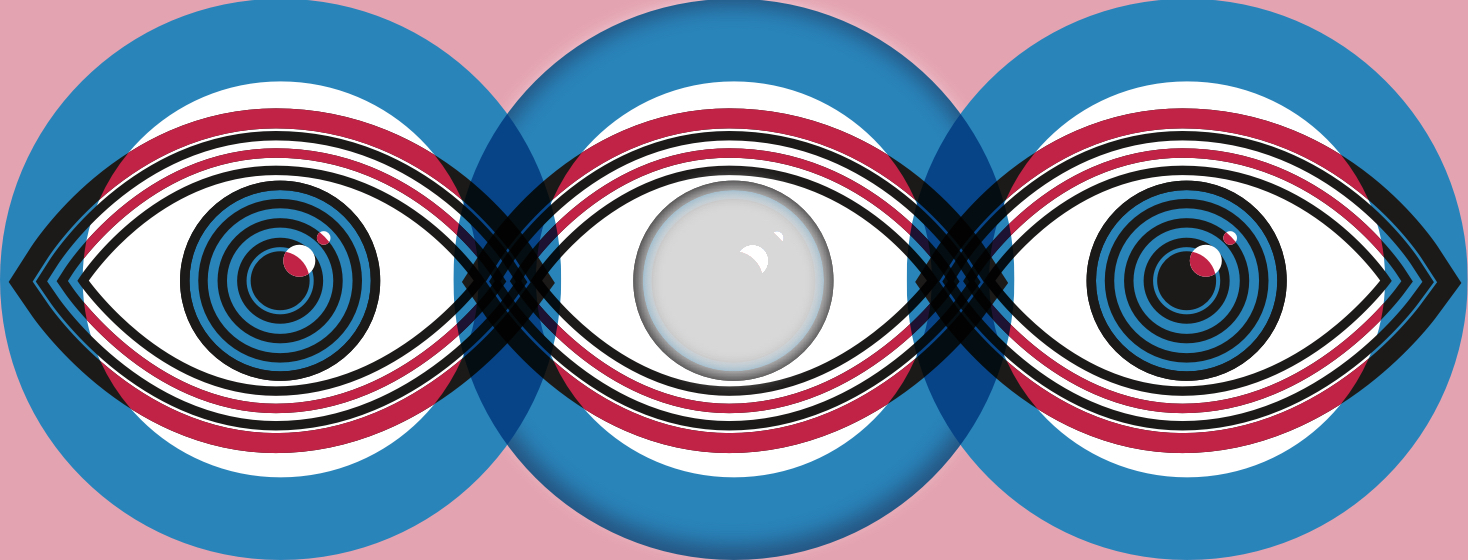Is it Safe to Have Cataract Surgery With Macular Degeneration?
When the lens of the eye gets clouded, it is called a cataract. A cataract blocks the ability of light to pass through the lens and to the retina where clear images can be perceived. This means that when you have a cataract, your vision is blurry. This blurriness can greatly impact vision, especially if there are other conditions present.1
Cataracts mainly occur in people ages 50 to 80 years old. Since they occur mainly in older people, cataracts can occur alongside age-related macular degeneration (AMD).1
How are cataracts treated?
Cataracts can sometimes be treated with visual aids, like new glasses, special sunglasses, better lighting, and magnifiers. But if cataracts are more severe and not improved by these measures, surgery may be needed.1,2
Cataract surgery involves making a small incision on the front of the eye using lasers or ultrasound. The clouded lens is removed from the eye, and a new artificial lens is put in. Cataract surgery is considered safe and effective for those who are good candidates for the procedure.1,2
Cataract surgery and macular degeneration
There have been mixed results regarding cataract surgery in people with AMD. On the surface, it seems like cataract surgery shouldn’t impact AMD, since cataracts are on the lens on the front of the eye, while AMD affects the retina at the back of the eye.
Risks
Some experts have suggested that cataract surgery could make AMD worse, specifically due to the inflammation created during the procedure. Others have suggested that the new artificial lens might not protect as well from certain wavelengths of light that could worsen AMD.2-8
But improvements in the cataract surgical procedure itself and the development of new potentially more protective lenses may help reduce risks.2-8
Benefits
Current research suggests that cataract surgery may be beneficial for some people with AMD. At worst, the surgery may have no effect. Not much information suggests that cataract surgery in people with AMD will worsen AMD.2-8
However, most current studies on the topic have a relatively short follow-up period. More long-term research is needed to determine the lasting effects of cataract surgery on AMD.2-8
The main consideration
The key factor in deciding whether a person with AMD should have cataract surgery is whether the procedure will help their vision. In people with severe AMD, removing a cataract will have no impact on overall vision. It would be unnecessary for someone to have the surgery if it’s not going to have an effect.1,2
To determine whether your vision might improve with the removal of a cataract, your doctor may first try vision aids like brighter lighting or special magnifiers. They will also look at your eye, test your vision, and take special photos to determine how much, if any, your vision might change after surgery.1,2
Can I have cataract surgery with dry AMD?
Since dry AMD is the most common form of AMD, there seems to be more information available on its relationship with cataract surgery than other forms. At this time, dry AMD does not seem to worsen with cataract surgery. Cataract surgery is generally considered safe in these situations. But more long-term research is needed, and post-surgery vision improvements may vary based on your specific case.2-7
Your doctor will determine if you are a candidate for cataract surgery with your dry AMD.
What about wet AMD?
The relationship between wet AMD and cataract surgery is less understood. Some experts are concerned with the inflammation and leaky vessels that can occur after cataract surgery. These issues may make wet AMD worse.3,4,8
It is also unclear how newer wet AMD treatment options, called anti-VEGF therapies, might impact cataract surgery. While past information has been inconsistent, newer research suggests that it is safe for people with wet AMD and who are on anti-VEGF therapy to have cataract surgery. Just like with dry AMD, results may vary, and not every person's case may benefit from cataract surgery. More long-term information is needed to determine the true benefits or risks.3,4,8
Your doctor will evaluate your situation, current treatment options, and the extent of both your AMD and cataracts. They can help determine if you are a candidate for surgery.

Join the conversation